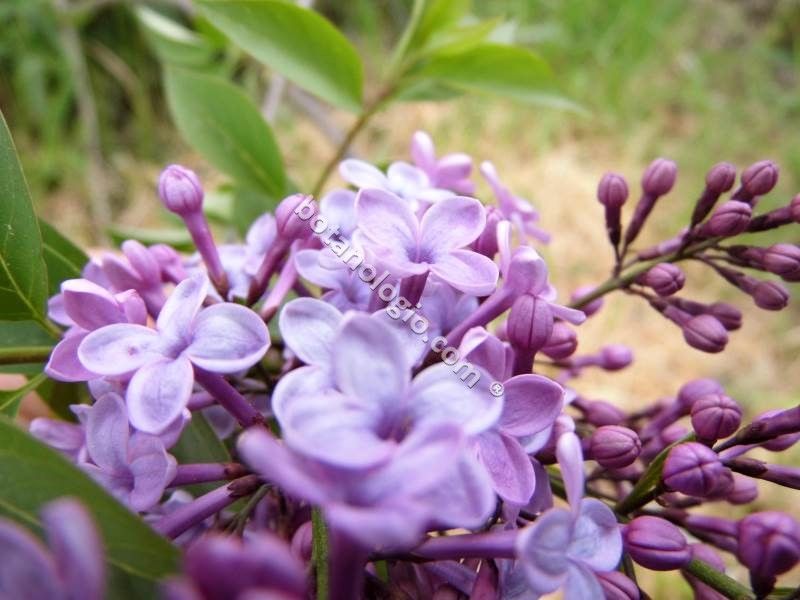Top Winter Herbs to Cultivate for a Flourishing Garden

As winter season takes place, it doesn’t mean your gardening efforts have to come to a halt. In fact, winter can be an excellent time to cultivate herbs that thrive in colder temperatures. These hardy plants not only add a burst of flavor to your winter recipes but also contribute to a vibrant and aromatic garden. In this article, we’ll explore some of the best winter herbs to cultivate, ensuring a year-round green thumb experience.
Rosemary (Rosmarinus officinalis):
Known for its versatility in culinary applications, rosemary is a resilient herb that can withstand chilly temperatures. It adds a fragrant and earthy flavor to winter stews, roasts, and soups.
Thyme (Thymus vulgaris):
Thyme is a low-maintenance herb that thrives in colder climates. Its aromatic leaves can be used to enhance the taste of winter dishes, such as casseroles, roasted vegetables, and hearty soups.
Chives (Allium schoenoprasum):
Chives are a fantastic addition to your winter garden, providing a mild onion flavor. These slender green shoots can be sprinkled over winter salads, baked potatoes, or incorporated into creamy soups.
Parsley (Petroselinum crispum):
With its vibrant green leaves, parsley is a cold-hardy herb that adds freshness to winter meals. Use it to garnish dishes, or chop it into sauces, stews, and savory winter pies.
Winter Savory (Satureja montana):
As the name suggests, winter savory is well-suited for colder temperatures. This herb has a peppery flavor and pairs excellently with winter vegetables, game meats, and legumes.
Cilantro/Coriander (Coriandrum sativum):
While cilantro is often associated with warmer climates, it can thrive in cool weather as well. Planting it in the winter allows for a more extended harvesting period, adding a burst of citrusy freshness to winter dishes.
Sage (Salvia officinalis):
Sage is a hardy herb that retains its flavor even in the cold. Its robust, earthy taste complements winter dishes such as roasted poultry, stuffing, and hearty casseroles.
Wintergreen (Gaultheria procumbens):
Wintergreen, with its aromatic leaves, adds a unique flavor to both sweet and savory winter dishes. It can be used in teas, desserts, or even as a refreshing addition to winter salads.
Oregano (Origanum vulgare):
Oregano is a Mediterranean herb that adapts well to colder climates. Its intense flavor makes it an excellent choice for enhancing the taste of winter soups, stews, and tomato-based dishes.
Embracing the winter gardening season allows you to enjoy fresh herbs and elevate the flavors of your winter culinary creations. By cultivating these hardy herbs, you’ll not only add a touch of green to your winter landscape but also enhance your meals with the unique and aromatic qualities each herb brings to the table. Happy winter gardening!
chives, cilandro, herbs, oregano, parsley, rosemary, sage, thyme, winter herbs, winter savory, wintergreen





